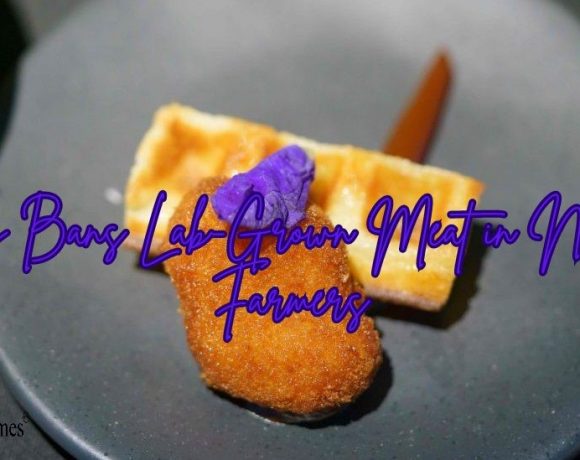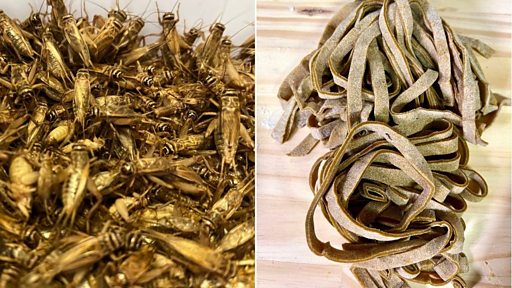
Italian Members of Parliament have given their approval to a law that bans the production, sale, or import of lab-grown meat or animal feed, a move championed by the right-wing government under the banner of defending Italian culinary traditions. Agriculture Minister Francesco Lollobrigida asserted that Italy has become the first nation to shield itself from the perceived social and economic risks associated with synthetic food. The parliamentary vote prompted both support and opposition, leading to a physical altercation between farmers and some MPs.
Despite the scuffle, the bill passed with a majority of 159 votes in favor and 53 against. Violating the law could result in fines of up to €60,000. Presently, the impact of the law is limited, as lab-grown meat has only been approved for human consumption in Singapore and the United States. The European Union has yet to give the green light to lab-grown meat, categorized as “novel foods.” If EU approval is granted, Italy’s new law may face challenges from the European Commission.
The legislation, initiated in response to a petition organized by the Coldiretti lobby group, prohibits synthetic foods produced from animal cells without causing harm to the animal. Additionally, it restricts producers from using meat-related terms on labels to describe plant-based protein. Critics argue that there is nothing synthetic about lab-grown meat, as it is created by growing natural cells without genetic modification.
The passage of this law marks a victory for Italy’s Agriculture Minister, who, a year ago, pledged to prevent “synthetic food” from entering Italian dining tables. Minister Lollobrigida praised MPs for supporting the new law, emphasizing the preservation of the relationship between food, land, and human labor that has endured for millennia. However, the petition behind the legislation faced condemnation from critics such as Prof Elena Cattaneo, a lifelong senator and bioscience specialist, who denounced it as an emotive leaflet that oversimplified the distinction between natural and cultivated foods.
Picture Courtesy: Google/images are subject to copyright

